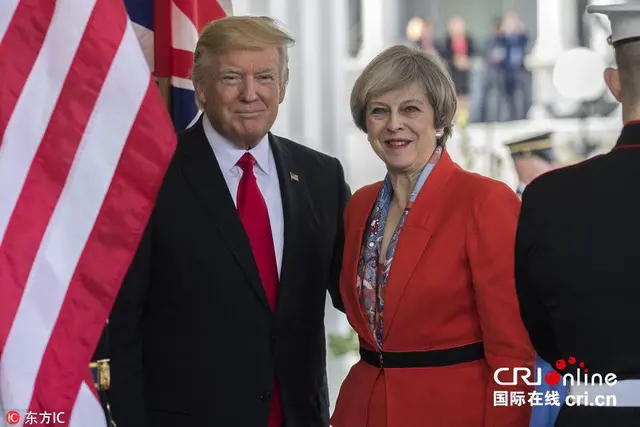Exactly 12 years ago on Oct. 7, 2001, the U.S.-led military coalition forces invaded Afghanistan to topple the Taliban regime that harbored Osama Bin Laden, the alleged mastermind of the deadly 9/11 attacks on New York and Washington.
Branding the Taliban and al-Qaida network as terrorist groups, the U.S.-led military offensive, using massive air, land and sea assets, easily drove the Taliban from Kabul and other cities that they controlled.
Because of its brutal rule, most Afghans welcomed the collapse of the Taliban and the emergence of an American-backed regime. With the support of the international community, the Afghans were given the opportunity to rebuild their country.
With the ouster of the Taliban regime, the decades-long isolation of the country was over and there was a feeling of hope among Afghans for a brighter future.But this feeling of exuberance was short-lived as the Taliban and other insurgents resurfaced and threatened the peace and stability of the country with stepped-up suicide bombings and frontal attacks.
In a strange twist of events, the United States, instead of pressing for a military solution to the continued violence caused by the Taliban, is now urging the Kabul government to negotiate with the armed group.
This apparent political gambit of the United States has raised concerns among Afghans, particularly among Afghan women who had suffered the most during Taliban's reign of terror.
Obviously encouraged by Washington's policy shift, the Taliban opened a liaison office in Doha last June, but the initial talks with the United States were aborted after the government of President Hamid Karzai strongly protested over the raising of the Taliban flag and the emblem of Islamic Emirate of Afghanistan, the official name of Taliban, in its Doha office.
On its own, the Karzai government created a 70-member peace body called the High Peace Council in 2010 to initiate contacts with the Taliban and other anti-government forces to convince them to give up fighting and give the peace process a chance to succeed.
But the Taliban has vowed not to talk with the Karzai government as long as there are foreign troops in the country.
The failure to curb the insurgency in Afghanistan and to ensure a viable security apparatus in the country during the past 12 years has prompted President Karzai to lash at the NATO and U.S.- led forces.
As reported by the BBB, President Karzai said: "On the security front the entire NATO exercise was one that caused Afghanistan a lot of suffering, a lot of loss of life, and no gains because the country is still not secure."
Meanwhile, Taliban militants have intensified their armed attacks. According to its website, dozens of security personnel were killed across the country on Oct. 7, the 12th anniversary of its overthrow by the United States.
The Taliban interpreted the withdrawal of the U.S.-led coalition forces from Afghanistan in 2014 as a "defeat" of the foreign forces and the victory of the insurgents.
Since the launching the U.S.-led military alliance invasion in Afghanistan in 2001 to root out terrorists, a total of 3,389 servicemen with 2,285 of them Americans have been killed, according to icasualties, a website tracking the U.S.-led coalition fatalities in the war on terror. The figure does not include casualties among Afghan security forces and civilians.
 简体中文
简体中文












